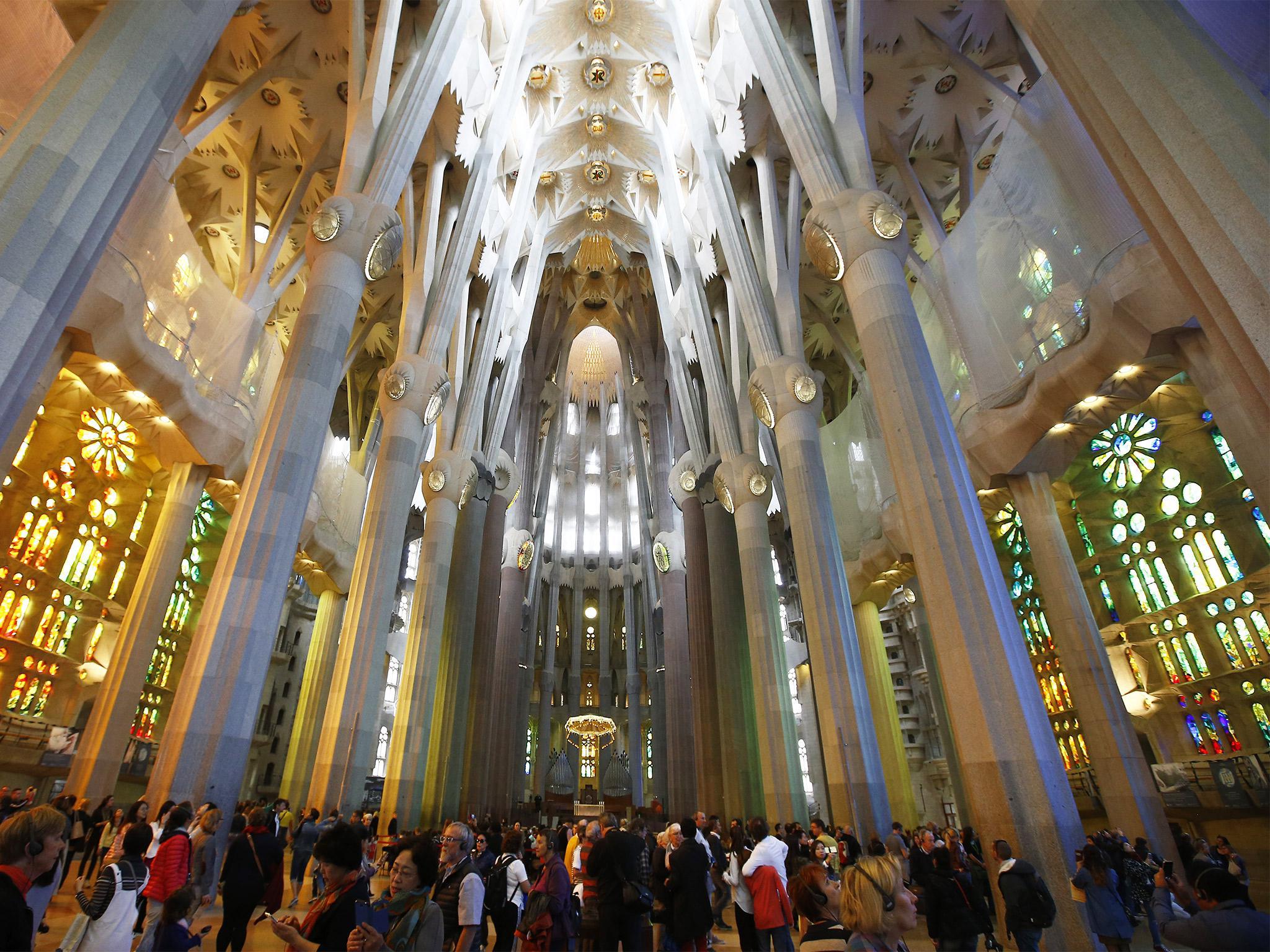Hong Kong closed a tax loophole; is Tesla ancillary harm?
Very first Tesla Model S delivered in Hong Kong
Government officials in Hong Kong have eliminated a popular tax exemption that made electrical vehicles much cheaper to buy than comparable gasoline-powered models.
Now Tesla worries it could take the brunt of the blowback.
The loophole helped make Hong Kong one of the largest overseas markets for the Silicon Valley carmaker’s luxury electrified cars.
Before the exemption expired on April 1, the Model S carried a base price of 570,500 Hong Kong dollars (about $73,400). That’s about on par with the sedan’s base price in the United States.
That figure has now risen significantly to 926,000 Hong Kong dollars (harshly $119,100).
As a global financial hub, Hong Kong has far more than its share of infrequent and expensive luxury and spectacle cars, and even a relatively pricey Tesla is simply practical daily transport for a segment of its drivers.
Ferrari’s thirty years in Hong Kong celebration
For the most part, electrified vehicle owners and supporters are vehemently opposed to the fresh policy. They argue it will kill the burgeoning electrical car market by forcing current owners to go back to a gasoline-powered model the next time they buy a fresh car.
Last year, almost seven percent of fresh cars sold in Hong Kong wore a Tesla emblem. Unsurprisingly, the California-based company also disagrees with the ban.
“Almost all our fresh owners are substituting a particularly high-polluting fossil fuel vehicle,” the company told Bloomberg. “This fresh policy menaces to budge Hong Kong rearwards.”
The government insists it’s not attempting to curtail the growth of electrified cars.
Buyers who ditch fossil fuels are still eligible for other tax violates, and the steep annual registration fees for battery-powered models remain much cheaper than those of their gasoline-burning counterparts.
For years, the exemption wooed scores of wealthy buyers to get a Tesla instead of a Maserati or a Porsche, so removing it is a deepthroat to the segment.
2014 Tesla Model S in China
However, there are slew of other reasons for motorists in Hong Kong to give up gasoline, and they’re not going away any time soon.
Because Hong Kong is smaller than Rhode Island, motorists infrequently drive very far and range anxiety isn’t as significant of an issue as it is in thicker nations.
Also, gasoline is more expensive in Hong Kong than anywhere else in the world; presently, a gallon costs about $7.24.
Sales of expensive, high-end electrified cars like the Model S and the Model X will likely suffer in the short-term now that the exemption is gone.
Buyers may turn instead towards cheaper battery-powered cars like the Nissan Leaf and the BMW i3.
When the more affordable Tesla Model three is launched in Hong Kong, however, the company may well build up sales momentum once again.
Hong Kong closed a tax loophole; is Tesla ancillary harm?
Hong Kong closed a tax loophole; is Tesla ancillary harm?
Very first Tesla Model S delivered in Hong Kong
Government officials in Hong Kong have eliminated a popular tax exemption that made electrified vehicles much cheaper to buy than comparable gasoline-powered models.
Now Tesla worries it could take the brunt of the blowback.
The loophole helped make Hong Kong one of the largest overseas markets for the Silicon Valley carmaker’s luxury electrified cars.
Before the exemption expired on April 1, the Model S carried a base price of 570,500 Hong Kong dollars (about $73,400). That’s about on par with the sedan’s base price in the United States.
That figure has now risen significantly to 926,000 Hong Kong dollars (harshly $119,100).
As a global financial hub, Hong Kong has far more than its share of uncommon and expensive luxury and spectacle cars, and even a relatively pricey Tesla is simply practical daily transport for a segment of its drivers.
Ferrari’s thirty years in Hong Kong celebration
For the most part, electrical vehicle owners and supporters are vehemently opposed to the fresh policy. They argue it will kill the burgeoning electrical car market by forcing current owners to go back to a gasoline-powered model the next time they buy a fresh car.
Last year, almost seven percent of fresh cars sold in Hong Kong wore a Tesla emblem. Unsurprisingly, the California-based company also disagrees with the ban.
“Almost all our fresh owners are substituting a particularly high-polluting fossil fuel vehicle,” the company told Bloomberg. “This fresh policy menaces to stir Hong Kong rearwards.”
The government insists it’s not attempting to curtail the growth of electrified cars.
Buyers who ditch fossil fuels are still eligible for other tax cracks, and the steep annual registration fees for battery-powered models remain much cheaper than those of their gasoline-burning counterparts.
For years, the exemption persuaded scores of wealthy buyers to get a Tesla instead of a Maserati or a Porsche, so removing it is a gargle to the segment.
2014 Tesla Model S in China
However, there are slew of other reasons for motorists in Hong Kong to give up gasoline, and they’re not going away any time soon.
Because Hong Kong is smaller than Rhode Island, motorists uncommonly drive very far and range anxiety isn’t as significant of an issue as it is in thicker nations.
Also, gasoline is more expensive in Hong Kong than anywhere else in the world; presently, a gallon costs about $7.24.
Sales of expensive, high-end electrical cars like the Model S and the Model X will likely suffer in the short-term now that the exemption is gone.
Buyers may turn instead towards cheaper battery-powered cars like the Nissan Leaf and the BMW i3.
When the more affordable Tesla Model three is launched in Hong Kong, however, the company may well build up sales momentum once again.
